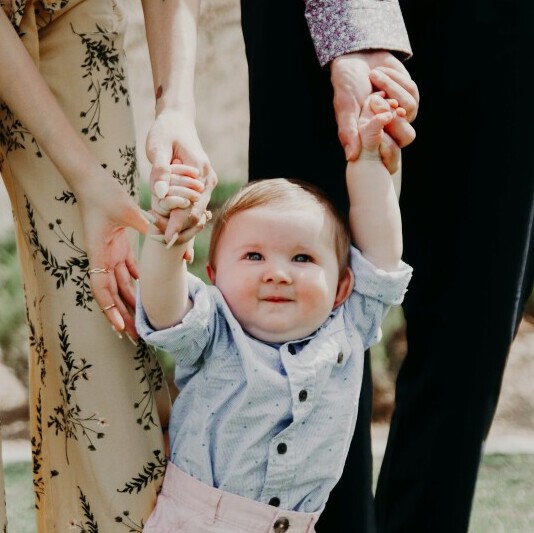
Neuroscience has been buzzing about neural plasticity, and music’s got a starring role. It’s this crazy thing where your brain changes and rearranges itself when exposed to new experiences. In the world of music, this means everything from improved focus to sharpened memory. Music not only adds rhythm to life but tunes up the brain too. Pretty wild, right?
Music training doesn’t just make you a rockstar in front of friends—it kicks up your cognitive skills a notch. Practicing instruments or just soaking up beats can lead to a superpower-like ability to remember things quicker. It’s like the more you play, the sharper you get. Just imagine remembering the grocery list without that tiny note.
Music and language are like long-lost cousins at a family reunion. When kids engage with music, they often pick up on languages faster. This connection enhances how kids process new words, comprehend narratives, and figure out complex grammar. Simple sing-alongs can pave the way for multilingual prowess or, at least, make learning those Spanish class vocab lists a little smoother.
Amplifying Academic Performance Through Music

Music is like that secret sauce for spicing up academic skills, especially when it comes to math and reasoning. Yeah, you heard it right. Tapping out beats and understanding rhythmic patterns can take your math game from zero to hero. It’s as if music reshapes the brain’s natural math processor, making sense of numbers, patterns, and logic in a whole new way.
Focus issues? Music’s got a fix for that too. Regular beats and structured harmonies hone concentration and attention spans, which are absolute gold in classroom settings. Think of music training like mental jumping jacks, warming up your brain to be more present and engaged. Whether you’re cramming for exams or trying to zone in on that massive project, music can back you up big time.
Creativity doesn’t just sprout from nowhere. It feeds off experiences, and music is a fertile ground for cultivating those creative seeds. Whether you’re composing your own jams or just vibing to your favorite tracks, it sets the stage for innovative problem-solving. Embracing music might just turn everyday challenges into opportunities for creative brainstorming sessions that even Einstein would applaud.
Emotional Intelligence: Music as a Tool for Emotional Development

Here’s the thing: music’s got this incredible knack for touching our hearts and minds. It’s more than just tunes; it’s a tool for understanding and managing emotions. Kids who engage with music learn to navigate their feelings better, developing emotional intelligence like they’re leveling up in a game. Suddenly, dealing with frustration or disappointment isn’t so overwhelming.
Music therapy isn’t just for impromptu dance parties. It’s a legit resource for helping kids build resilience and emotional depth. By expressing emotions through music, kids—and adults too—get to process their experiences flexively and therapeutically. In moments of stress, those notes can be the safety net, guiding them through tough times with ease.
Connecting with music can also make people kinder, more empathetic humans. Music’s universal language encourages empathy and social ties, helping individuals resonate with others’ experiences. Singing in a choir or playing in a band can turn into a bonding experience, fostering shared understanding and compassion. It’s incredible how a simple melody can bring hearts closer.
Long-term Cognitive Benefits of Musical Engagement

Music casts a long shadow on cognitive growth, sticking with us as we age. Studies have shown that people who engage with music throughout their lives often enjoy sharper minds and more robust cognitive functions well into their later years. It turns out that regular jamming sessions can clean up cognitive cobwebs, keeping the ol’ thinker razor-sharp.
Getting kids into music early lays down a solid foundation for lifelong brain health. Children with early exposure to music not only blossom into more intellectually curious adults but also carry enhanced neurological benefits that stave off age-related decline. Consider those piano lessons not just practice but proactive brain training that pays off big time.
Even in the golden years, music plays a powerful role in fighting cognitive decline. It can rejuvenate memory, improve mood, and enhance overall quality of life. Listening to beloved old tracks or picking up a new musical skill can be the brain’s way of staying youthful. Who would’ve thought that strumming on a guitar could turn into a mental fountain of youth?
